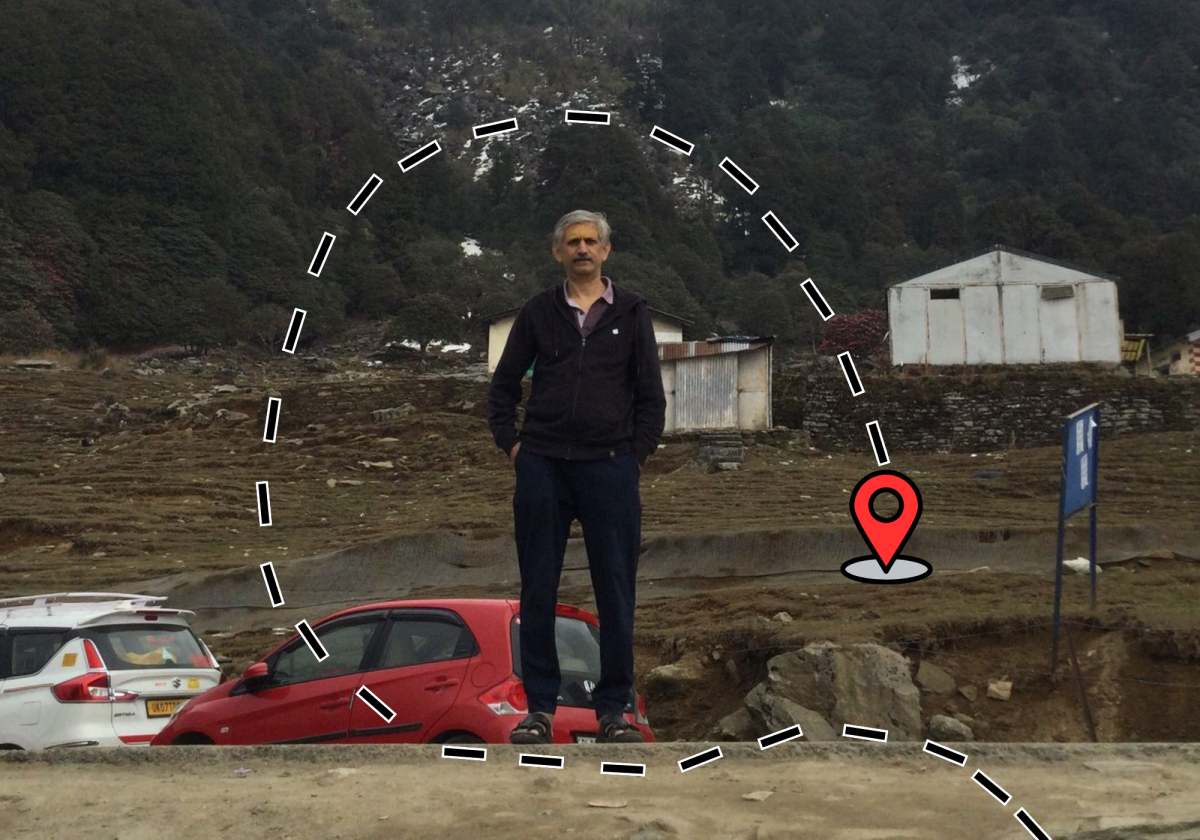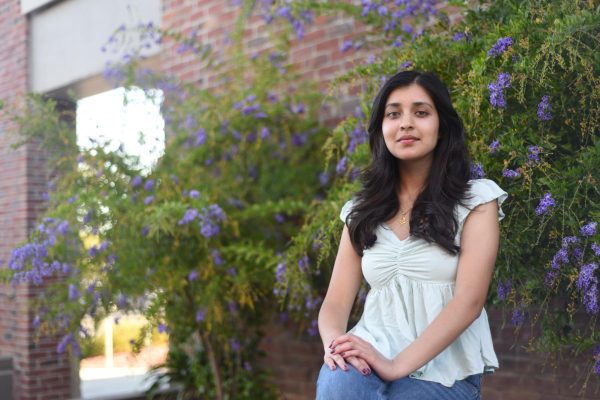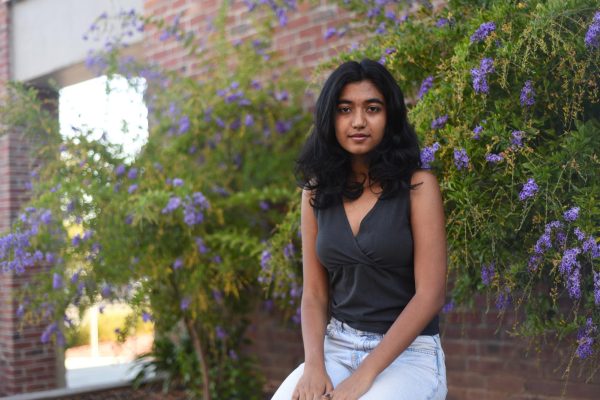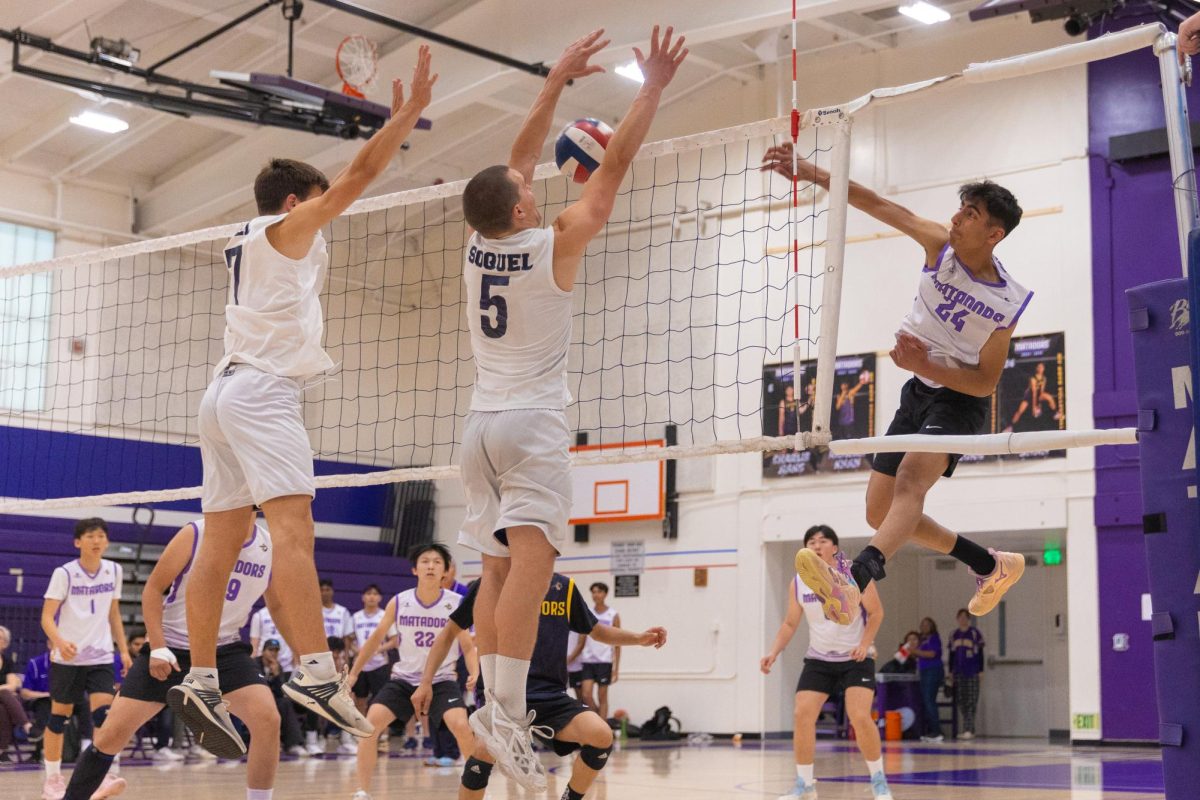Everyday at the Cupertino Senior Center, the sound of ping pong balls bouncing fills the room as Alan Dui steps up to the table, paddle in hand. For the newly joined member, this daily activity is more than just a game — it’s a way to stay active and reconnect with his past. Despite knowing about the center for years, Dui only recently joined a few months ago, not wanting to be labeled as a “senior” yet. For the past two decades, his busy schedule has left little time for sports, but after retiring, he found himself drawn back to the activities he once loved. Now at the center, Dui has established a community of his own by participating in various activities ranging from ping pong to ballroom dancing.
“I feel like I have really enjoyed this environment in this senior center so far,” Dui said. “Everyone here is so friendly, and every new person is invited and welcomed. If you go to the other senior centers, they just watch you if you’re a newcomer, but here we’re very friendly. Almost every day, about 15 to 16 people are here. I think about a third of the people that come here are beginners, so we just welcome everybody and enjoy the sport.”
Linda Wong, the head volunteer organizer for ping pong at the senior center, has volunteered there for the past decade. Dui says her leadership has been a crucial part of fostering an inclusive environment, ensuring that players of all levels feel comfortable. A big reason for this, Wong explains, is that ping pong itself is inclusive for elders due to its low-impact nature and how it is easier on the body than other activities.
“Ping pong is great exercise,” Wong said. “You can easily move your body, and it’s good for your mind too. You need to think about it during the game: ‘How can I win?’ You can imagine that since we are seniors, other sports are harder. When we were young, maybe some people could play tennis, but it’s harder now as seniors.”
Ranjan Desai, a member of the India Community Center and Cupertino Sports Center, is involved in a variety of sports, including tennis, pickleball and hiking. He shares a similar concern to Wong about strenuous sports as he grows older, becoming aware of the challenges they present. To avoid injuries, he tries to stick to lower-impact activities such as hiking, which allow him to stay active without physical harm.
“I used to do running, and I did a half marathon before, but I had some problems after that,” Desai said. “I think I hurt my muscles. I’m not sure what happened, but I couldn’t run for a long time, so I just started hiking. Walking is good for me now since I don’t want to stress too much about that. Maybe I will go back to running. I want to do a full marathon sometime, but not right now.”
Desai says that he got involved in hiking through the ICC and now goes on weekly group hikes. He says that his favorite thing about hiking is being with other people and socializing with others, which, in turn, he believes is essential for elders to combat the isolation some feel while growing older.
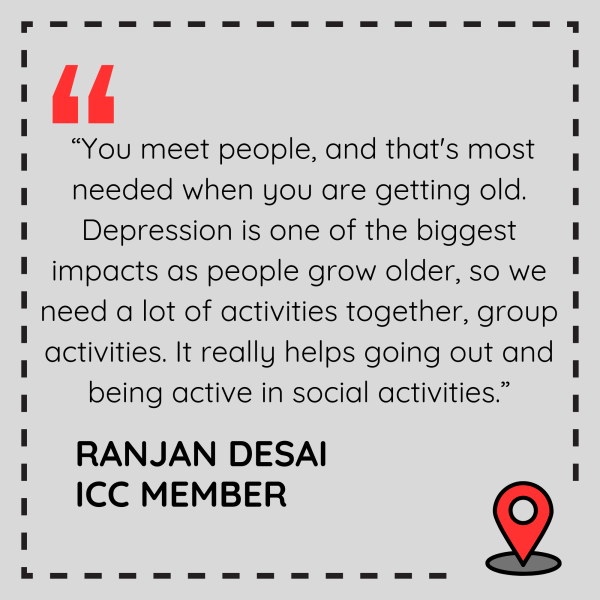 “With hiking, you can have it as a group activity,” Desai said. “You meet people, and that’s most needed when you are getting old. Depression is one of the biggest impacts as people grow older, so we need a lot of activities together, group activities. It really helps going out and being active in social activities.”
“With hiking, you can have it as a group activity,” Desai said. “You meet people, and that’s most needed when you are getting old. Depression is one of the biggest impacts as people grow older, so we need a lot of activities together, group activities. It really helps going out and being active in social activities.”
Similarly, Anjali Kelkar, a member of the South Bay Tennis and Pickleball Association, values the opportunity to connect with others through sports. She explains that joining new classes, such as pickleball classes and Crunch Gym has helped her meet people and increase her socialization with others that she wouldn’t normally have.
“The gym is a great way to get out of the house and meet some new people,” Kelkar said. “When you do get engaged in the game you’re playing, you end up connecting with people as well. Having said that, having joined this class, obviously you get to meet people and you’re active for the amount of time you’re in the class — you’re learning new kinds of games. So it does impact your social life, but I don’t think my social life revolves a lot around the game.”
Dui also believes that his participation in sports helps him maintain an active lifestyle, but he also values the personal satisfaction it brings. For him, he is able to manage his time after retirement better through sports.
“I think that the most purposeful reason for me to do this is because after retiring, you have a lot of time, and I try to find a good way for me to enjoy and spend my time,” Dui said. “Otherwise, you just watch TV or sleep. It’s not good for your daily life. So that’s why it’s important to enjoy getting exercise every day.”
Dui and Kelkar emphasize the importance of maintaining a balanced approach to sports — choosing activities that are both mentally and physically enriching while being mindful of their bodies. Kelkar, in particular, emphasizes the importance of staying consistent with sports like pickleball without pushing herself too hard.
“I’m going to continue doing what I’m doing and hopefully not get injured along the way,” Kelkar said. “You have to be mindful about the sports you can get involved in and what you can accomplish with your physical ability. Get involved only in those things that the body allows and not injure yourself but at the same time, be active.”




